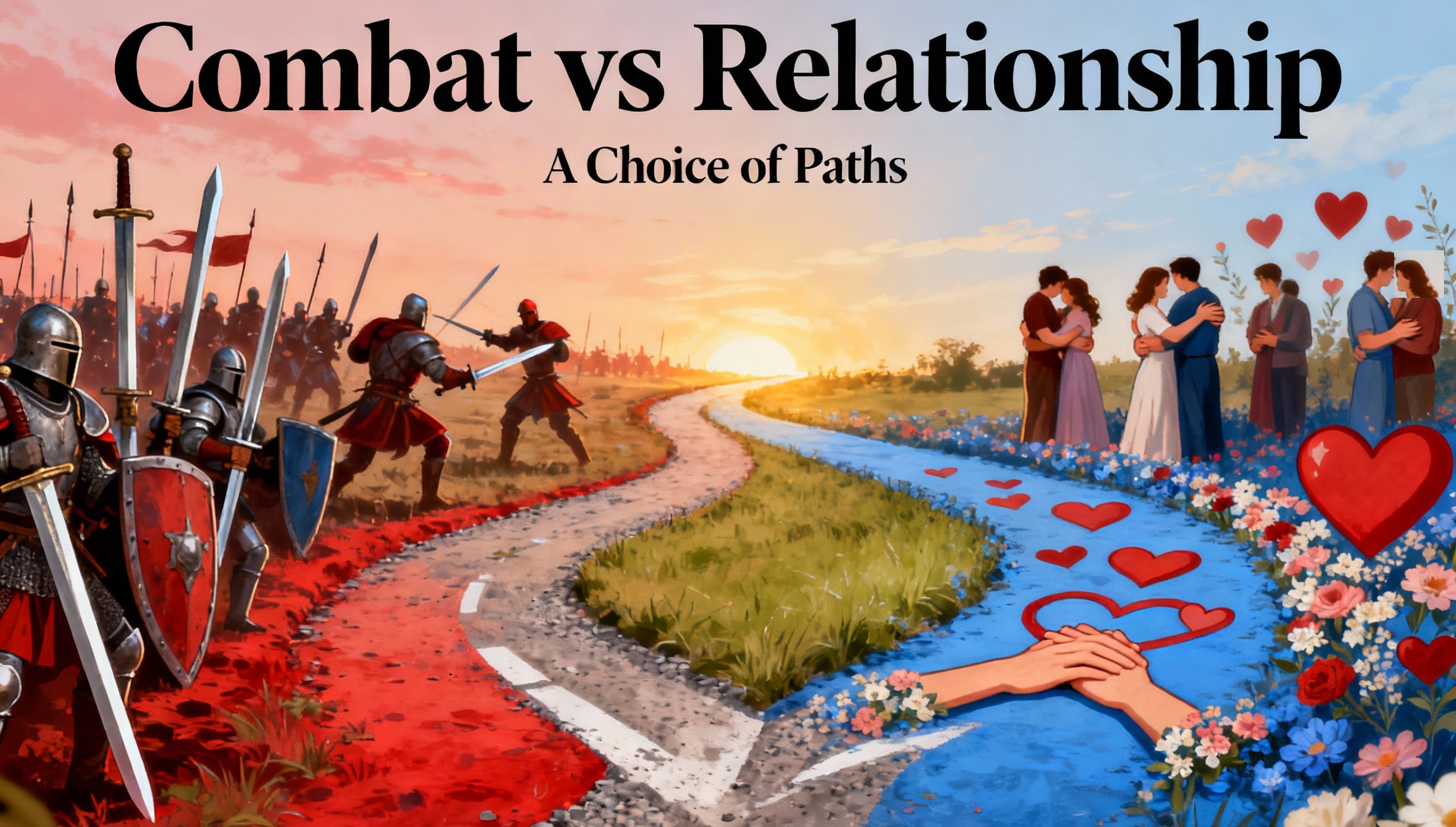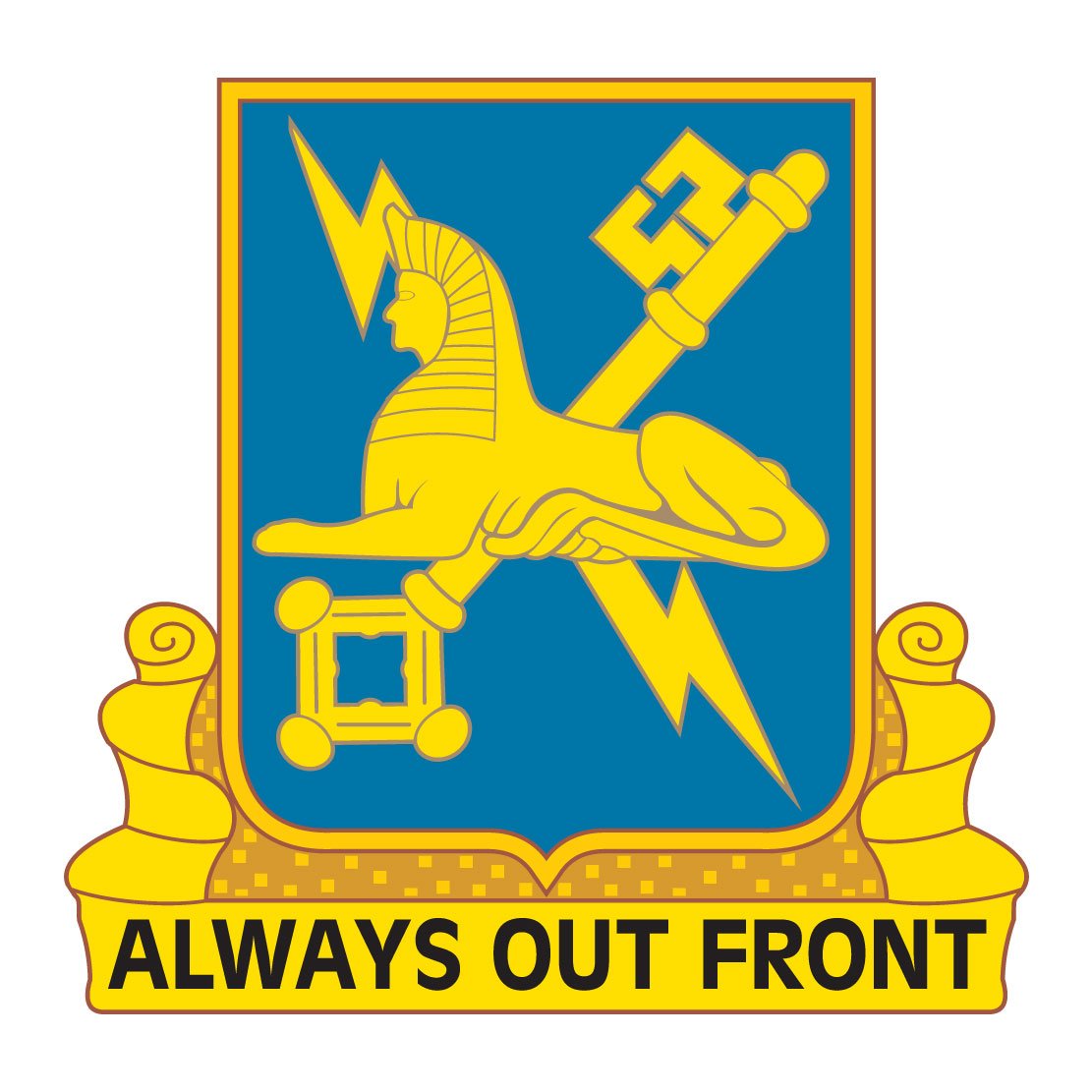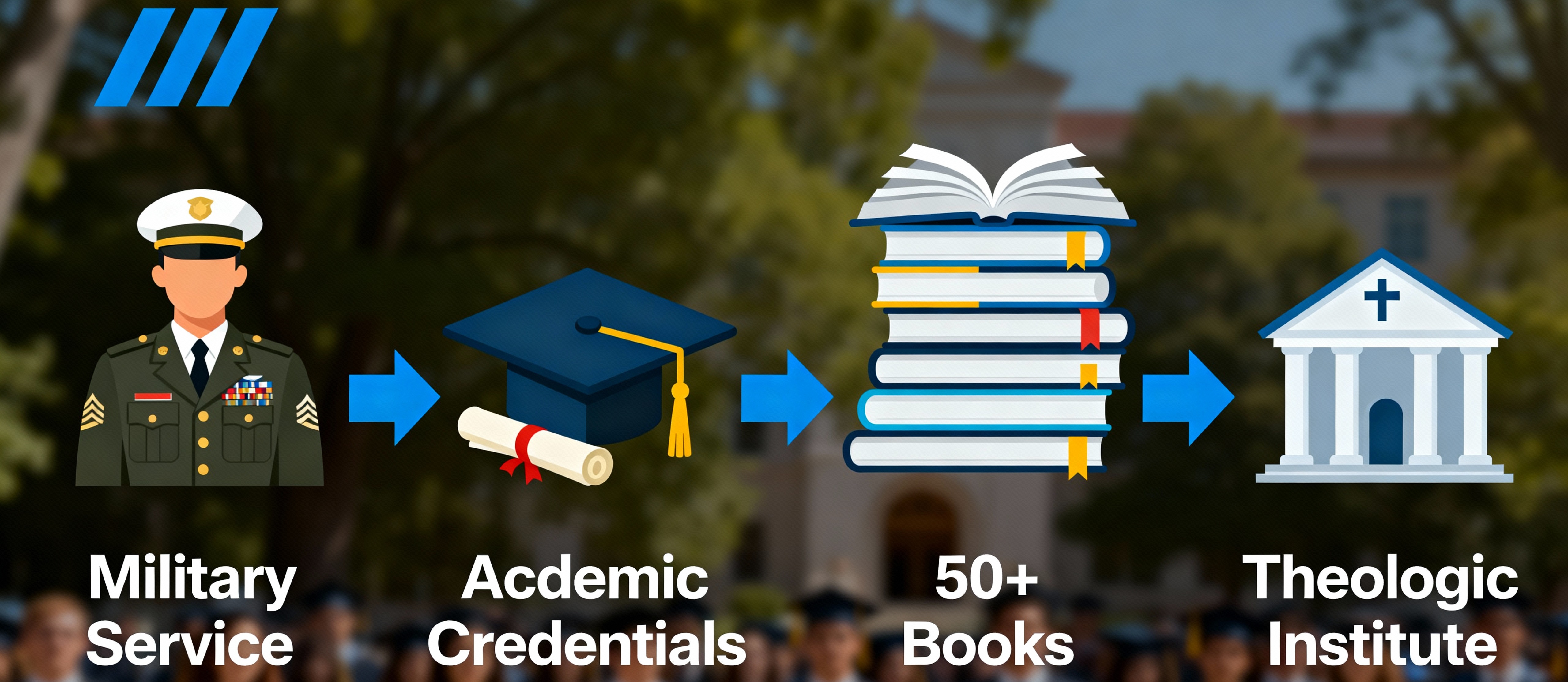Home
GOD TRAINING
The Single Reason You're Losing People and Burning Out

You Did Everything Right. And Still Lost the Person.

Coffee shop after service. The skeptic approaches with a question about suffering. You recognize this as apologetics opportunity. Several congregation members are nearby, watching how you'll handle this.
You stay calm. Present clear reasoning. Walk through the logical framework—free will, the problem of evil, moral arguments for God's existence. Your tone remains measured, pastoral. You quote Scripture appropriately, acknowledge their concerns while presenting the Christian position clearly.
They push back. You respond with solid reasoning. Several exchanges. Your arguments connect logically. They're running out of counterpoints. Finally: "Well, I guess we'll have to agree to disagree."
As they leave, your church members approach. "That was great." "You stayed so calm." "You really knew your stuff." "You defended the faith well."
You feel good about the exchange. You maintained composure, presented truth clearly, represented Christianity well in a public setting. You did exactly what seminary trained you to do.
But here's what you didn't see: that person walked away as a defeated opponent, not a seeking human with an open door for continued conversation. The relationship that could have allowed ongoing dialogue, questions, and eventual transformation—it no longer exists. They won't return to you with their next doubt.
You won the debate. Lost the person. And you made this choice without even realizing there was a choice being made.
This Isn't Your Fault

Here's what nobody told you: you were trained in combat mode.
Seminary taught you apologetics—how to defend doctrine, counter objections, present logical arguments. Excellent training. Necessary knowledge. But they taught you WHAT to say without teaching you the MODE in which to deliver it.
Culture rewards combat victories. When you stay calm while winning arguments, people congratulate you. When you defend truth against opposition, you get affirmed. When you maintain composure while presenting superior reasoning, everyone says you did well.
And you genuinely believe this is faithful ministry. Because everywhere you look—from sermon examples to ministry models to church culture—combat mode is how serious Christians engage with error.
But combat mode, no matter how calm and pastoral it appears, operates on a fundamentally different principle than relationship mode. And that difference determines whether transformation becomes possible or impossible.
Two Modes. Same Content. Opposite Outcomes.
In that coffee shop conversation, your apologetics were solid. Your Scripture knowledge was sound. Your reasoning was coherent. The CONTENT of what you presented was correct.
But you delivered it in combat mode: defending positions, countering objections, presenting arguments to win intellectual victory. This is what you were trained to do. This is what everyone around you does. This feels like faithful representation of truth.

Meanwhile, relationship mode would have used the same Scripture, the same theological content, the same truth—but delivered through entirely different mechanics:
"That's a profound question. What made you start thinking about this?"
Not as technique. Not as trick to disarm them. But genuine curiosity about the human in front of you. Because their question isn't random intellectual exercise. It's coming from somewhere real.

Maybe God disappointed them when someone they loved suffered. Maybe a church hurt them and now they're questioning everything. Maybe they read something that genuinely shook their faith and they're trying to make sense of it. Maybe someone told them about a "contradiction" they couldn't resolve and now doubt is growing.
But you never learned any of that. Because you were defending Christianity instead of understanding the person. You quoted Scripture when you should have been discovering their actual struggle. You presented arguments when you should have been asking what wound or confusion brought them to this question.
Why Combat Mode Feels Like Faithful Ministry
Combat mode IS morally wrong—but it's taught in seminary as how serious Christians engage. It gets modeled by respected leaders. It receives positive feedback from congregations. It feels like standing firm for truth in hostile culture. This is why the violation is so insidious: it masquerades as faithfulness while destroying the very thing that makes transformation possible.
When that atheist asked about suffering, combat mode felt like the faithful response: present clear Christian position, counter their objections, don't let error go unchallenged. Defend the faith. Stand your ground. Represent truth well.
And by every measure you were trained to value, you succeeded. You stayed calm. Presented coherent arguments. Maintained pastoral demeanor. Quoted Scripture appropriately. The congregation affirmed you did well.

But combat mode—no matter how calm, how pastoral, how scripturally grounded—operates by turning the other person into an opponent whose position must be defeated. Even when you do it gently. Even when you stay kind. The fundamental mechanics are about winning an argument rather than understanding a human.
This creates someone who experienced losing an intellectual contest rather than being genuinely seen and understood. They walk away not with relationship where transformation could unfold but with the experience of being intellectually outmatched by someone who had all the answers.
They're not coming back. Not because your apologetics were poor. Because you won the battle for correct doctrine while losing the war for their soul.
This Is Why the Church Is Losing Young People
.jpg)
Here's the crisis nobody's naming correctly: the church thinks it's being relevant by getting better at combat mode. Better apologetics. Stronger cultural engagement. More effective arguments. Winning debates on social media. Defending positions more competently.
But the entire culture already operates in combat mode about everything. Politics is combat. Social issues are combat. Even friendships fragment into combat over differences. Young people swim in combat mode their entire lives—on Twitter, Reddit, TikTok, every podcast, every conversation.
They don't need the church to be another combatant, just with better arguments and Scripture backing. They can find combat anywhere. What they desperately need is someone demonstrating there's actually a different way to be human together.
That connection despite difference is possible. That transformation happens through maintained relationship, not through winning arguments. That you can hold truth commitments while staying connected to people who disagree. That there's an alternative operating system to the combat mode destroying everything they touch.
The Church's Unique Value Proposition
Christ didn't teach combat mode. He demonstrated relationship mode—maintaining connection with tax collectors, prostitutes, Pharisees, Romans, disciples who betrayed him. He held truth without compromise while staying in relationship with people who opposed everything he taught.
That's what young people need to see. Not Christians who argue better. Christians who live differently. A community where combat mode isn't the only option. Where difference doesn't automatically mean enemy. Where relationship gets maintained even through serious disagreement.
The Foundation: Maintaining Relationship Creates Moral Potential

Here is the underlying reality that explains why some of your ministry efforts create transformation while others create only casualties:
Maintaining relationship consistently creates increased positive moral potential, while destroying relationship removes that potential entirely.
Moral potential is the capacity for growth, transformation, reconciliation, and increased flourishing between persons. It is the possibility space within which change can occur, understanding can deepen, and integration of partial truths can happen.
When relationship exists, this potential exists. When relationship is destroyed, the potential is eliminated—regardless of how correct your position was, how justified your response seemed, or how scripturally grounded your approach.
You cannot transform what you have eliminated. You cannot guide someone you have made into a defeated opponent. You cannot speak truth into a life you have severed connection with. You cannot help someone grow if you have destroyed the relationship that would allow them to receive anything from you.
The atheist in the coffee shop might be wrong about everything. But as long as relationship existed between you, moral potential existed—the possibility for their questions to unfold, understanding to deepen, and eventual transformation to occur. The moment combat mode turned them into defeated opponent, that potential vanished.
This isn't relativism. Truth matters absolutely. But truth delivered through destroyed relationship cannot accomplish what truth delivered through maintained relationship achieves.
The Seven Patterns That Transform Ministry

What follows are seven biblical patterns that appear throughout Scripture, recognized by theologians across millennia as fundamental architecture of how transformation actually happens. These aren't new discoveries but ancient wisdom applied to the daily realities you face as a minister.
Each pattern addresses a specific way relationship gets destroyed and shows how to maintain connection while still addressing real problems, genuine conflicts, and necessary boundaries.
Chaos-Combat Through Relationship
When difference activates your threat response—the board member who questions your vision, the parent who challenges your counsel, the theologian who disputes your interpretation—your nervous system executes an automatic formula: difference equals threat equals enemy.
This pattern teaches you to interrupt that automatic sequence. The chaos is real. Someone actually is wrong about something that matters. But combat mode eliminates moral potential by eliminating the relationship that contains it.
Relationship mode maintains connection while addressing genuine problems. You approach with curiosity instead of judgment. Not agreement, but genuine interest in what they're seeing that you might be missing.
Causal Descent - Wisdom Before Power
When opportunity arrives before readiness, when responsibility exceeds preparation, when authority comes without wisdom to wield it, you face the pattern that says transformation flows from higher understanding to lower through proper developmental sequence.
The young leader eager for senior pastor role before developing relational wisdom. The counseling training that gives techniques without emotional maturity to apply them. The theological degree that provides knowledge without life experience to interpret it rightly.
This pattern teaches you to honor stages you cannot skip. Power without wisdom destroys both the unprepared person and everyone affected by unprepared leadership.
Artisan Craftsmanship - Honoring Essential Nature
When you're tempted to force someone to be what they're not—making your introvert deacon into an extrovert, your creative administrator into a systematic organizer, your contemplative member into a charismatic worshiper—you violate the pattern that says excellence emerges from honoring essential nature, not forcing conformity.
The introvert deacon isn't broken. Your creative administrator isn't failing. Your contemplative member isn't avoiding. Each is perfectly designed material needing shaping with their grain, not against it.
Speech Creating Reality
When you speak over the struggling teen "You'll never change," over the burned-out volunteer "You're so unreliable," over yourself "I'm terrible at this"—you're not describing reality, you're creating it. Humans become what they're consistently told they are.
The child told they're a builder rebuilds after destruction. The one told they're a victim remains in ruins. The spouse told they're becoming a good listener pays closer attention.
This pattern teaches you that words don't describe futures, they create them through identity formation that shapes behavior that generates outcomes.
Emanation - Resources Multiply Through Flow
When you hoard your ministry insights, protect your advantages, ration your emotional energy, guard your professional connections—you create the exact scarcity you fear. Resources multiply through circulation, not accumulation.
The ladder unused in your garage serves no one. The expertise hoarded becomes obsolete. The energy protected creates exhaustion. But the tool shared creates relationship. The knowledge taught stays current.
This pattern teaches you that giving creates capacity while conservation creates atrophy.
Cosmic Temple - Sacred Boundaries
When work emails invade family dinner, when phones interrupt pastoral conversations, when every day blurs into every other day without Sabbath rhythm, when your bedroom becomes office and entertainment center—you dissolve the boundaries that create sacred meaning.
Everything accessible always means nothing special ever. The minister who's available 24/7 serves no one excellently because they're never fully present anywhere.
This pattern teaches you that boundaries don't restrict life, they create conditions where life can actually happen.
All-in-All - Perfect Integration
When you're professional-you at church, exhausted-you at home, online-you on social media, and past-you when old friends visit—you're fragmenting into multiple incompatible selves that require exhausting maintenance and prevent anyone from actually knowing you.
The board member sees one version. Your family sees another. Your friends see a third. None sees the real you because you're performing different selves for different audiences.
This pattern teaches you that integration requires all six previous patterns operating simultaneously. One person across all contexts. Consistent values everywhere. This is freedom from endless performance.
Meet Your Instructor

Dr. David Edward
Executive Director, The Theologic Institute
The man teaching you why combat mode destroys ministry has actually been in combat. He knows what real war looks like. And he's telling you that what you're doing in that coffee shop with the atheist is just as destructive.

Dr. Edward spent his twenties in actual combat zones as a Special Agent for the US Army, completing multiple overseas tours where the difference between threat assessment and threat creation determined whether people lived or died. He served as Special Agent in Charge of the 1990 Panama Canal counter-terrorism threat assessment report to Congress, where his job was synthesizing intelligence to identify real threats versus perceived ones.
In intelligence work, you learn a critical distinction: when combat is necessary and when it's catastrophic. You learn to recognize when someone different is actually dangerous versus when your nervous system is just activated. You learn that treating every unknown as enemy creates the exact threats you're trying to prevent. This isn't theory—it's survival.
That training translates directly to what he's teaching you. When Dr. Edward tells you that combat mode destroys the relationships that contain transformation potential, he's not speaking as an academic who's never faced actual threat. He's speaking as someone who knows real combat, understands when it's appropriate, and recognizes when it's being catastrophically misapplied to situations that require entirely different engagement.
But pattern recognition in high-stakes environments is only part of his qualification. His PhD in Pedagogy means he understands how humans actually learn versus how we think they learn. His doctorate in engineering taught him systems thinking—how complex structures operate, where they fail, and what patterns create sustainability versus collapse. Combined with his DBA and three related master's degrees in business and information systems, plus executive education at MIT in technology and product strategy, he brings analytical frameworks most theologians never develop.

After military service, he did what the academic world requires: accumulated credentials. But credentials don't write over fifty books. Curiosity does. Intellectual honesty does. Willingness to explore paths other scholars avoid does.
Twenty-five of those books focus on Christology from fresh interpretive perspectives. What makes this body of work distinctive isn't contrarianism but methodology. Dr. Edward reaches orthodox conclusions about Christ's nature, work, and mission through analytical paths that bypass traditional routes. He asks questions conventional theology dismisses as irrelevant, explores frameworks others consider too unconventional, and follows evidence wherever it leads even when it contradicts what he expected to find.
His military intelligence background shapes everything about how he approaches Scripture. Intelligence analysis trains you to see patterns that others miss because they're looking for what they expect rather than what's actually there. You learn to hold multiple competing frameworks simultaneously, testing each against observable evidence until the one that explains the most data emerges. You develop comfort with ambiguity and tension because reality is messy and clean narratives are usually wrong.
Apply those skills to biblical studies and something shifts. The structural patterns that appear throughout Scripture become visible. The motifs that repeat at every scale from creation to personal transformation reveal themselves. The architecture underlying how God actually operates versus how we wish God operated becomes clear.
This is what you're learning in God Training. Not just content but methodology. Not just answers but frameworks for discovering better answers. Not just what to think but how to think about ministry challenges that conventional approaches can't solve.
Dr. Edward teaches the way intelligence officers brief: clear presentation of complex information, evidence-based conclusions, practical application to real situations, and immediate relevance to the problems you're actually facing. No academic posturing. No theological performance. Just frameworks that work when you apply them to the messy reality of actual ministry with actual humans who have actual problems that require actual solutions.
Who This Training Is For

You're experiencing the gaps. Everything seminary taught you gets applied faithfully, yet you're watching people leave, marriages fail under your counsel, discipleship programs produce no visible transformation, and your own spiritual life feeling increasingly hollow. You know something's missing but can't name what.
Your congregation asks questions you can't answer satisfactorily. Why don't spiritual disciplines seem to work for most people? Why do Christians still struggle with the same issues despite genuine faith? Why does prayer feel so inconsistent? You offer the standard seminary responses, but you can see in their eyes that these answers aren't sufficient. They're polite, but they're not satisfied. And neither are you.
You're intellectually honest enough to examine frameworks that challenge what seminary taught you. You're more committed to what actually works than to defending what you've always believed. You can hold tension without needing immediate resolution. When you encounter ideas that conflict with your training, your first impulse is curiosity rather than defensiveness.
You need tools, not more theory. Monday morning you have a counseling session with a couple whose marriage is dying despite all your biblical counsel. You have a board meeting with members who see every disagreement as threat. You have a teenager in crisis and parents demanding answers you don't have. Abstract theology that sounds impressive but doesn't translate to actual humans facing actual problems isn't what you need. You need frameworks you can apply before lunch.
You're exhausted by combat. Tired of seeing every difference as threat, every disagreement as war, every challenge as attack. You suspect there's a different way to engage conflict but don't have language or framework for it. The constant defensiveness is burning you out faster than the actual work of ministry.
You can handle heterodox paths to orthodox conclusions. You're comfortable with exploration that doesn't follow traditional routes, as long as it arrives at truth. You understand that fresh interpretive paths can illuminate Scripture in ways conventional approaches miss. You're not threatened by methodology that differs from what you learned—you're intrigued by it.
If this describes you, this training will give you what you've been searching for without knowing how to ask for it.
What You'll Gain
Monday morning you'll walk into that difficult counseling session with new frameworks. That contentious board meeting where everyone sees threats? You'll have language for maintaining relationship through disagreement. The struggling marriage you're trying to help? You'll understand why your previous approaches weren't working and what to try instead. These patterns apply immediately to situations you face constantly.
You'll experience relief from impossible standards when you understand why so much of what you've tried hasn't worked. Not because you're failing but because you were applying combat mode to situations requiring relationship mode, forcing conformity where you needed to honor nature, speaking limitation where you should have spoken development. This knowledge alone eliminates massive guilt and confusion that's been accumulating for years.
You'll gain the ability to actually meet people where they are, not by compromising truth but by understanding that most conflicts are between partial truths both parties hold. You'll learn to hold tension, explore complexity, and guide people toward integration rather than forcing them to choose sides in wars that don't need to be fought.
The boundary work in Pattern Six alone could save your ministry and your marriage. You'll learn to create sacred spaces and times that make everything else possible. The phone stays out of bedroom. Work email stops at defined hour. Sabbath becomes actual rest rather than just different work. These aren't restrictions but foundations for sustainable life.
The speech patterns you learn in Pattern Four will change not just how you counsel but how you parent, how you preach, how you speak over yourself. You'll break generational curses that have shaped your family for decades. You'll speak blessings that echo through generations you'll never meet. The words you choose this week will create realities fifty years from now.
Pattern Seven teaches you to be one person everywhere rather than exhausted performer maintaining incompatible selves. The psychological freedom this creates is worth the entire course investment. You stop fragmenting into work-you, home-you, public-you, private-you. You become integrated, coherent, whole. The energy previously spent on maintenance becomes available for actual living.
And you'll have forty-five documented contact hours of legitimate professional development that counts toward whatever credentialing requirements you face. This isn't just personal growth you can't prove. This is recognized training with certificate and documented completion suitable for submission to any credentialing body.
Course Structure
The training is entirely self-paced, meaning you work through material when it fits your schedule, not according to arbitrary deadlines that ignore your actual ministry demands. But you're not alone in the process. Dr. Edward provides direct support via email throughout your learning journey, and monthly Zoom office hours create space for cohort discussion where you can process applications with other ministers facing similar challenges.
The core content is substantial. You receive a complete textbook spanning twelve comprehensive chapters, each structured with clear learning objectives so you know exactly what you're gaining. Every chapter includes practical activities and exercises that move concepts from theory to application, knowledge checks that help you recognize patterns in real time, and review questions that deepen integration of the material.
Essay prompts push you toward deeper reflection, asking you to apply frameworks to your specific ministry context rather than just absorbing information abstractly. Real-world case studies and examples show you exactly how these patterns operate in situations you'll recognize from your own experience.
The CEU documentation is straightforward. Upon completion, you receive a certificate documenting forty-five contact hours of professional development in advanced theological frameworks for ministry. This certificate is suitable for submission to any credentialing body requiring continuing education. No ambiguity, no hassle, just clear documentation of legitimate professional training.
The format works because it respects that you're an adult professional with actual responsibilities, not a student who can dedicate arbitrary blocks of time to coursework. You engage with material when you can focus, you apply it immediately to situations you're actually facing, and you get support when you need clarification or want to process implications more deeply.
Frequently Asked Questions
Is this theologically sound?
The seven patterns are biblical motifs recognized across millennia by theologians. The application may challenge conventional approaches, but the theological foundation is orthodox Christianity. You're learning to reach traditional conclusions through fresh analytical paths. Dr. Edward's 25 books on Christology all arrive at orthodox positions about Christ's nature and work - just through routes that conventional theology doesn't explore.
Will this conflict with my denomination's teaching?
The patterns themselves are trans-denominational - they appear in Scripture regardless of theological tradition. The applications ask you to examine whether your current approaches actually create transformation or just maintain appearances. That examination might create tension with conventional methods, but not with biblical truth. You're not being asked to abandon your tradition but to evaluate whether your execution of it is working.
Do I need to complete all essays and activities?
For CEU documentation, you need to complete sufficient activities to demonstrate forty-five contact hours of engagement. This typically means completing two to three essay prompts and the practical exercises for each chapter, plus thorough reading of all content. But the real question isn't what's required for the certificate - it's what's required for actual transformation of your ministry approach. The activities exist because they work, not because bureaucracy demands them.
How long does it take to complete?
At your own pace. Some ministers complete it in two to three weeks of intensive study. Others spread it over two to three months, working through one chapter per week while applying patterns to actual ministry situations as they arise. The material is substantial enough to reward multiple passes. Many ministers report going through it once quickly to get the framework, then again slowly to integrate applications.
What if I disagree with some frameworks?
Perfect. Intellectual engagement, even disagreement, is valuable learning. The goal isn't that you accept everything uncritically but that you gain new lenses for examining ministry challenges. Even rejection of a framework forces you to articulate why your current approach is better - which often reveals gaps you hadn't noticed. Dr. Edward's military intelligence background taught him that the best analysis comes from testing multiple competing frameworks against evidence, not from defending a single perspective.
Will this help with burnout?
Pattern Six (Sacred Boundaries) directly addresses the boundary violations that create ministerial burnout. Pattern Seven (Integration) addresses the exhaustion of maintaining multiple selves. Many ministers report that these patterns alone transformed their sustainability. But the deeper issue is this: burnout often comes from applying combat mode constantly while wondering why you're always exhausted. War is exhausting. Learning to engage differently changes everything.
What if my church or denomination wouldn't approve?
You're learning frameworks for your own understanding and application. How and when you introduce them to your context is entirely your decision. Many ministers apply these patterns without explicitly teaching the framework, simply becoming more effective at maintaining relationships through conflict. Your congregation doesn't need to know you're applying Pattern One - they just notice you're somehow staying connected to difficult people in ways that create transformation instead of casualties.
Can I get feedback on my work?
Yes. Email submitted essays or questions to Dr. Edward for personalized feedback. Monthly Zoom office hours provide cohort discussion where you can process applications with other ministers. The collaborative learning often proves as valuable as the content itself - discovering you're not alone in these questions, hearing how others are applying patterns to their specific contexts, building relationships with ministers who understand the complexity you're navigating.
Begin Your Training
This free training represents significant investment from The Theologic Institute in ministers who are ready for frameworks that actually address the complexity you face daily.
No payment required. No credit card needed. No hidden costs. No bait and switch where "free" means "first module only."
Registration is simple. You provide basic contact information, and the system immediately grants you complete access to everything. Within minutes of registering, you're downloading the full course textbook as PDF. Your welcome email arrives with login credentials for the online platform where you'll track your progress and access supplementary materials. The schedule link for monthly Zoom office hours lets you choose sessions that work with your calendar. Dr. Edward sends a personal introduction email with guidance on how to approach the material for maximum benefit given your specific ministry context.
That's it. No waiting for approval. No payment processing delays. No artificial scarcity creating urgency. Just immediate access to everything you need to begin transformation of how you approach ministry.
Register for God TrainingOne Final Word
You found this page because something isn't working. The gap between what seminary promised and what ministry delivers has become too wide to ignore. The standard approaches aren't producing the transformation you were told they would.
These seven patterns won't fix everything. But they'll give you language for what you've been sensing, frameworks for what you've been attempting, and tools for what you've been seeking.
The training is free. The application will cost you - in examination of methods you've relied on, in confrontation with patterns you've violated, in practices you'll need to change.
But continuing as you are has its own cost. The cost of watching people leave. The cost of offering counsel that doesn't work. The cost of maintaining combat mode that destroys relationships. The cost of burnout that ends ministry entirely.
Different is possible. Connection through conflict is real. Transformation through relationship is achievable. Sustainable ministry exists.
You just need different patterns than the ones that led you here.